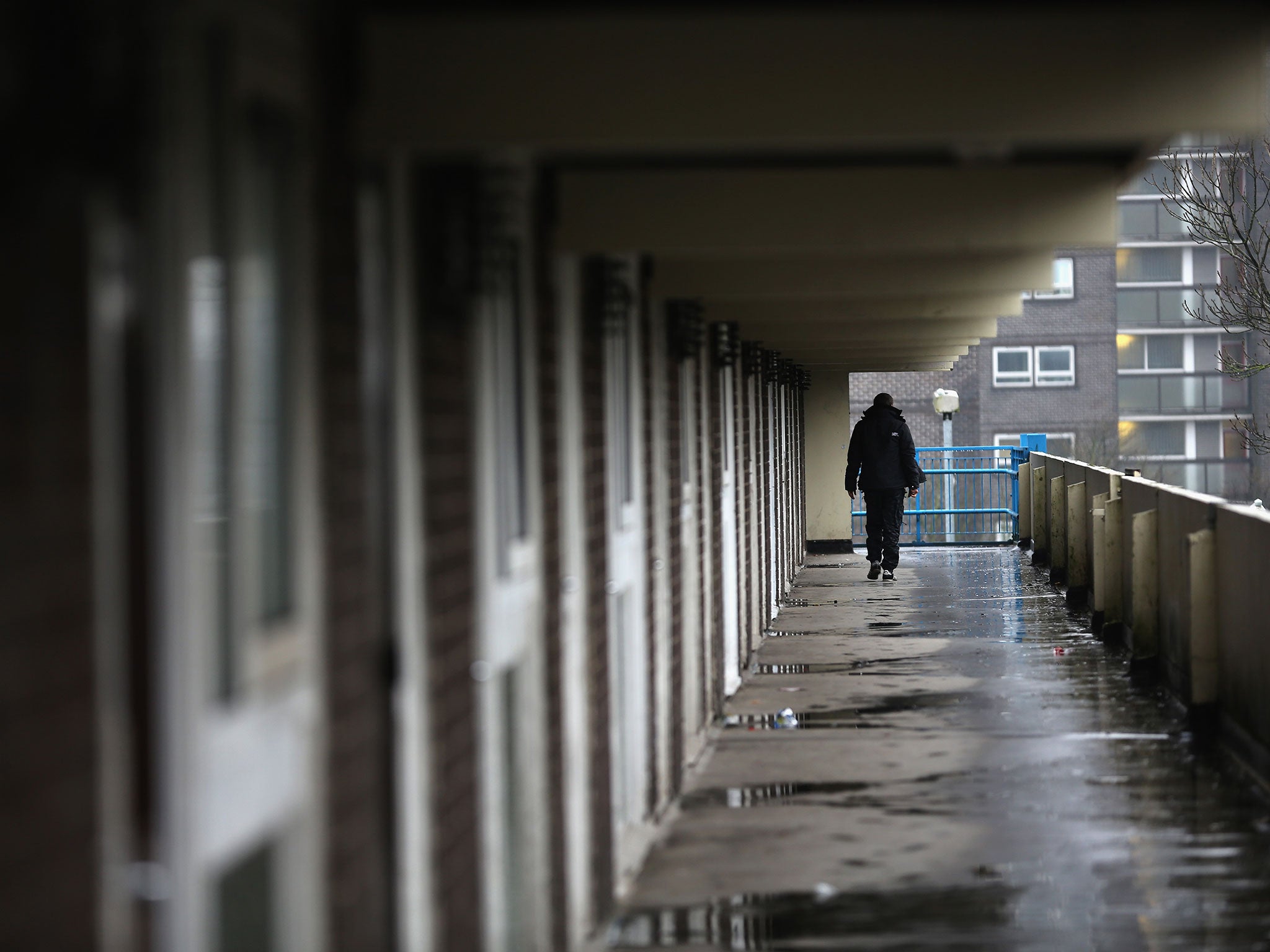Poorer women far more affected by anxiety than men, study finds
'Women are particularly affected by deprivation, while men less so," says Professor Carol Brayne

Being poor is far more likely to cause anxiety in women than in men, one of the largest studies of its kind has shown.
The research from Cambridge University shows that women living in the most deprived areas are over sixty per cent more likely to experience anxiety as women living in richer areas.
Men’s anxiety levels were hardly affected by where they lived, the study, based on a sample of 21,000 people living in and around Norwich in East Anglia between 1993 and 2000, found. The findings were published in The British Medical Journal.
Anxiety is one of the most commonly diagnosed mental health conditions in the UK, along with depression. It usually manifests as excessive worry and fear and a tendency to avoid potentially stressful situations such as social gatherings or even the workplace.
Together they are believed to cost the worldwide economy somewhere in the region of a trillion US dollars each year.
The study looked at adults aged 40 and over, and revealed one in 40 women and one in 55 men suffered from generalised anxiety disorder. But women living in the most deprived areas were 60 times more likely to have this disorder than women living in more affluent areas, suggesting there is something about living in poverty which has a particular effect on woman.
The team of researchers suggested poorer women could be particularly affected by anxiety because they are more likely to be single parents. Even when they are in partnerships, they are likely to be juggling child care or other caring duties with often poorly-paid work.
Professor Carol Brayne from the Cambridge Institute of Public Health, said: “Anxiety disorders affect a substantial number of people and can lead to poor health outcomes and risk of suicide. Now we know that women are particularly affected by deprivation, while men less so. This is intriguing and further research is needed on this, particularly in the most deprived regions.”
Her fellow researcher, Dr Louise Lafortune, said: “Our findings show that mental health policy needs to take communities or the places where people live into account - investing in a local area will not benefit all parts of its population in the same way.
“It’s evident from our study that we need to take into account gender when determining what action to take. This is particularly important at a time of scarce economic and health-related resources.”
Demand for mental health services has reached an unprecedented level in the UK, while funding for them fell in real terms by eight per cent between 2010 and 2015, according to statistics from 43 trusts.
The Tory MP for mid-Norfolk, George Freeman recently caused controversy when he said that disability payments should only go to the “really disabled” and not to those suffering from anxiety who relied on benefits.
Mr Freeman, who represents some of those Norfolk residents who took part in the study, made his comments as head of Theresa May’s policy unit at Number 10 as he defended the decision to reform personal independence payments - benefits intended to help people of working age with the extra costs of living with a disability.
The MP, who is seeking re-election, later responded to his critics by saying he did not need lectures on the damage anxiety does, having suffered from the condition himself in childhood.
Subscribe to Independent Premium to bookmark this article
Want to bookmark your favourite articles and stories to read or reference later? Start your Independent Premium subscription today.

Join our commenting forum
Join thought-provoking conversations, follow other Independent readers and see their replies